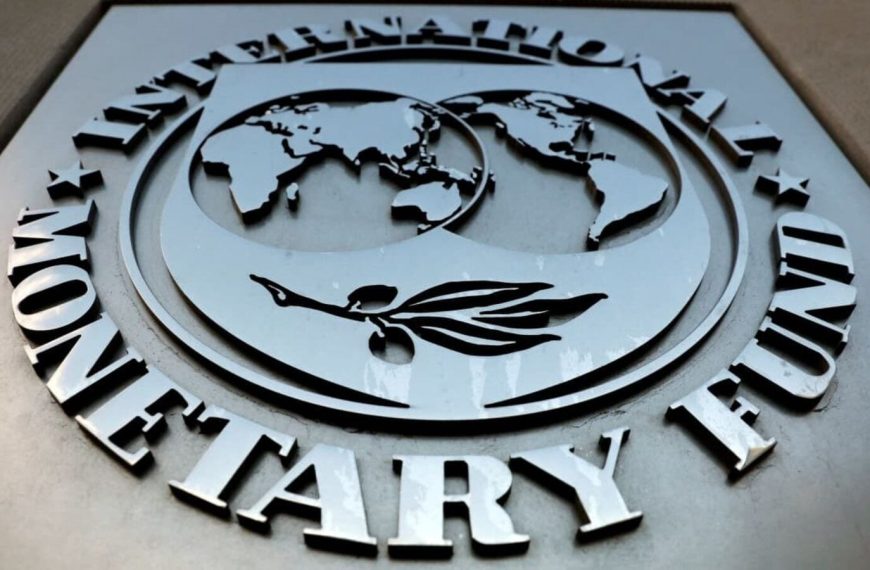The Reserve Bank of New Zealand (RBNZ) is set to embark on a critical evaluation of its capital requirements, as announced in a recent statement from Wellington. This comprehensive review aims to engage independent international experts and will focus on various lending categories, including residential mortgages, corporate loans, and community housing. The initiative follows Finance Minister Nicola Willis‘s request for insights on potentially easing the stringent capital regulations that banks currently face.
Why the Review Matters
This examination is significant, especially after the resignation of former RBNZ Governor Adrian Orr, who was a strong proponent of increasing capital buffers. RBNZ Board Chairman Neil Quigley clarified during a parliamentary inquiry that the review is not directly related to Orr’s departure. Instead, it reflects the RBNZ’s ongoing observation of global trends in capital standards and feedback from New Zealand stakeholders.
- Key points of the review:
- Focus on risk weights for various lending types.
- Aim to assess the capital requirements in light of international practices.
- Engage with independent experts for an objective viewpoint.
Minister Willis’ Perspective
Minister Willis expressed her support for the review, emphasizing that submissions to the banking inquiry have highlighted concerns regarding the conservativeness of New Zealand’s capital regime. She noted that these stringent requirements might be hindering competition, inflating lending costs, and stifling economic growth.
"I share these concerns," she stated. "The RBNZ’s decision to conduct a timely review allows for a thorough evaluation of the capital settings, ensuring that the ongoing increases in requirements are justifiable."
Current Capital Requirements
As it stands, the minimum capital requirements are set at 13.5% for major banks and 11.5% for smaller institutions. These are scheduled to escalate to 18% and 16% by 2028. The RBNZ has indicated that banks are on track to meet these new requirements, with average capital levels already exceeding 16%. Consequently, the bank plans to implement increases on July 1, raising these requirements to 14.5% for larger banks and 12.5% for smaller ones.
Responding to Criticism
Quigley addressed concerns regarding the perceived conservativeness of the capital ratios, stating, “While we acknowledge the criticisms, we believe many of these claims lack empirical support. It is crucial to conduct this assessment to validate the claims made about our capital regime.”
In summary, the RBNZ’s proactive approach to reviewing its capital requirements aims to balance the need for financial stability with the demands of a competitive banking landscape. As this process unfolds, it will be essential to monitor how potential adjustments may impact lending dynamics and economic growth in New Zealand.











